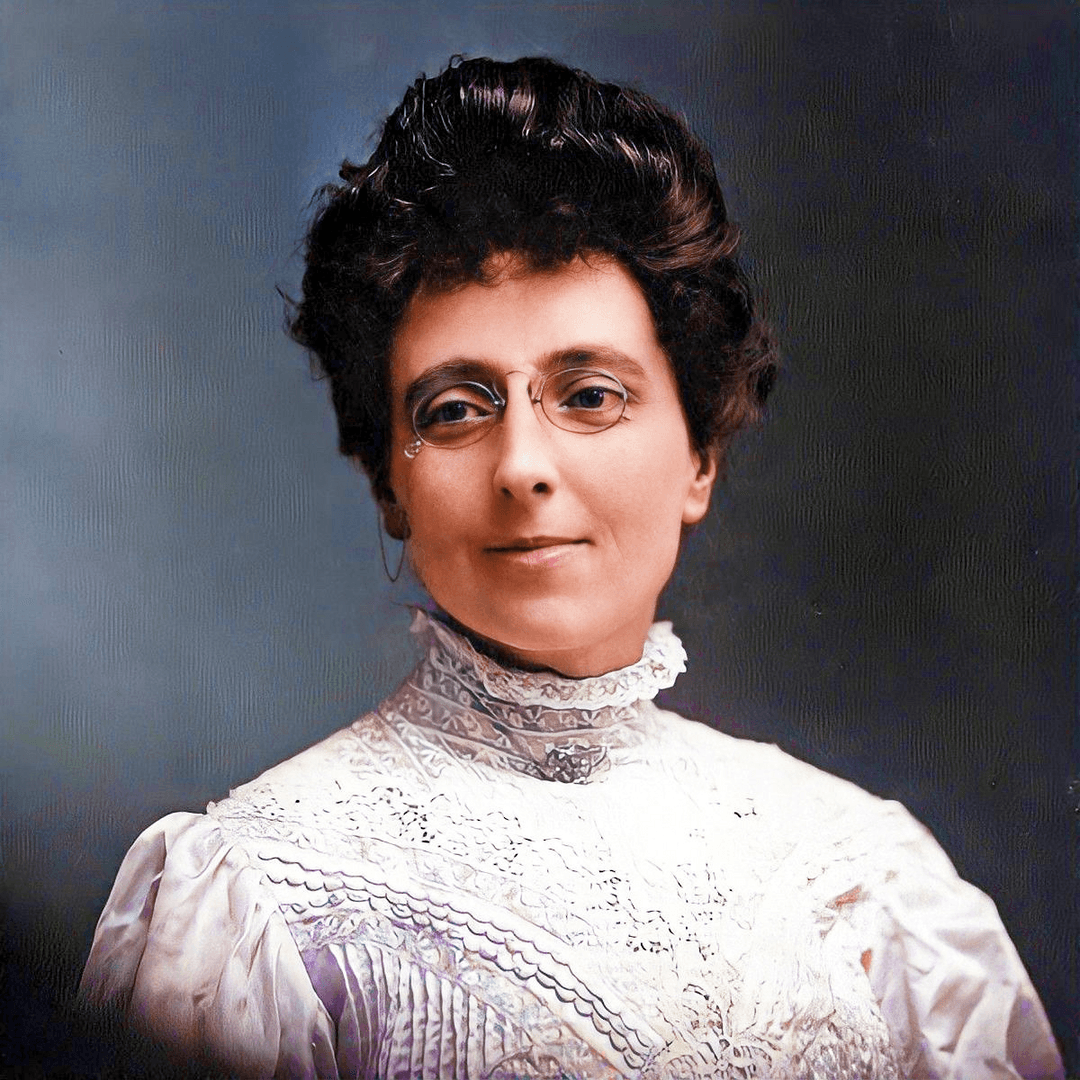

According to the afterword of the wonderfully compiled book L.M. Montgomery, A World of Songs Selected Poems, 1894-1921 edited by Benjamin Lefebvre, by the time of her death in April of 1942, Montgomery had published around 474 poems. Poetry was truly sacred to her, and she often lamented that she had not dedicated more time to it.
"Poetry was my first love and I have always regretted being false to it. But one must live." - L.M. Montgomery, An Autobiographical Sketch

In the afterword for the aforementioned A World of Songs, Lefebvre notes that in December of 1903, Montgomery wrote a letter to her friend G.B. MacMillan where she expounded on the difficulties she faced wanting to dedicate herself to writing poetry, but understanding that writing novels and short stories was what would allow her to make her living.
"I know that I touch a far higher note in my verse than in prose. But I write much more prose than verse because there is a wider market for it." - L.M. Montgomery to G.B. MacMillan, December 29th, 1903

Montgomery knew that her poems wouldn't reach the circulation of her novels, but according to Lefebvre, this did not stop her from self-publishing an untitled chapbook of thirty-two poems to share amongst friends and family. Three of these books are still in existence and are housed between Library and Archives Canada, The L.M. Montgomery Collection at the University of Guelph Archives, and the Thomas Fisher Rare Book Library at the University of Toronto.

While proud of her poetry, it seems Montgomery couldn't help being disparaging of her talent with verse and even when a compilation of her poetry entitled, The Watchman and Other Poems was published by McClelland, Goodchild, and Stewart (now McClelland and Stewart) in 1916, she apparently held little hope of it being as widely enjoyed as her novels. She wrote in her journal:
"To-day my volume of poems "The Watchman" came from my Canadian publishers. It is very nicely gotten up. I expect no great things of it."- The Selected Journals of L.M. Montgomery, Volume II: 1910-1921

Yet, all one has to do is read Montgomery's poetry, now available online and in various published collections, to tell that the author truly felt most connected to her writing when she was free to express herself through verse. Montgomery's writing could never be called prosaic, but there is a certain vibrancy and evocativeness that is much more present in her poetic ventures. Her love of nature, always present in her numerous novels, really shines through in her poems, creating florid and moody imagery that is like a balm to the soul.
In one of her poems, An April Night, she captures the feeling of an early spring evening and paints a picture of a bewitching twilight, replete with ghostly imagery:
"The moon comes up o'er the deeps of the woods,
And the long, low dingles that hide in the hills,
Where the ancient beeches are moist with buds
Over the pools and the whimpering rills;
And with her the mists, like dryads that creep
From their oaks, or the spirits of pine-hid springs,
Who hold, while the eyes of the world are asleep,
With the wind on the hills their gay revellings.
Down on the marshlands with flicker and glow
Wanders Will-o'-the-Wisp through the night,
Seeking for witch-gold lost long ago
By the glimmer of goblin lantern-light.
The night is a sorceress, dusk-eyed and dear,
Akin to all eerie and elfin things,
Who weaves about us in meadow and mere
The spell of a hundred vanished Springs."
- An April Night, L.M. Montgomery

The last poem Montgomery would publish, is perhaps her most well-known. Entitled The Piper, this poem is first mentioned in the seventh Anne of Green Gables novel Rainbow Valley. However, the poem which is attributed to Anne's son Walter Blythe was not actually real. It would take until 1942 for her to pen this poem, which many consider to express her true feelings on both world wars.
"In my books Rainbow Valley and Rilla of Ingleside, a poem is mentioned, 'The Piper', supposed to have been written and published by Walter Blythe before his death in the First World War. Although the poem had no real existence many people have written me, asking me where they could get it. It has been written recently, but seems even more appropriate now than then."
— L.M. Montgomery about The Piper
With April being Poetry Month, it is the perfect time to expand your literary horizons to one of the compilations of L. M. Montgomery's poems. The compilation A World of Songs contains 50 of Montgomery's poems and is truly an enjoyable and immersive read. If novels are more to your liking, the ninth Anne of Green Gables novel, The Blythe's Are Quoted, published posthumously, contains 42 of her poems.